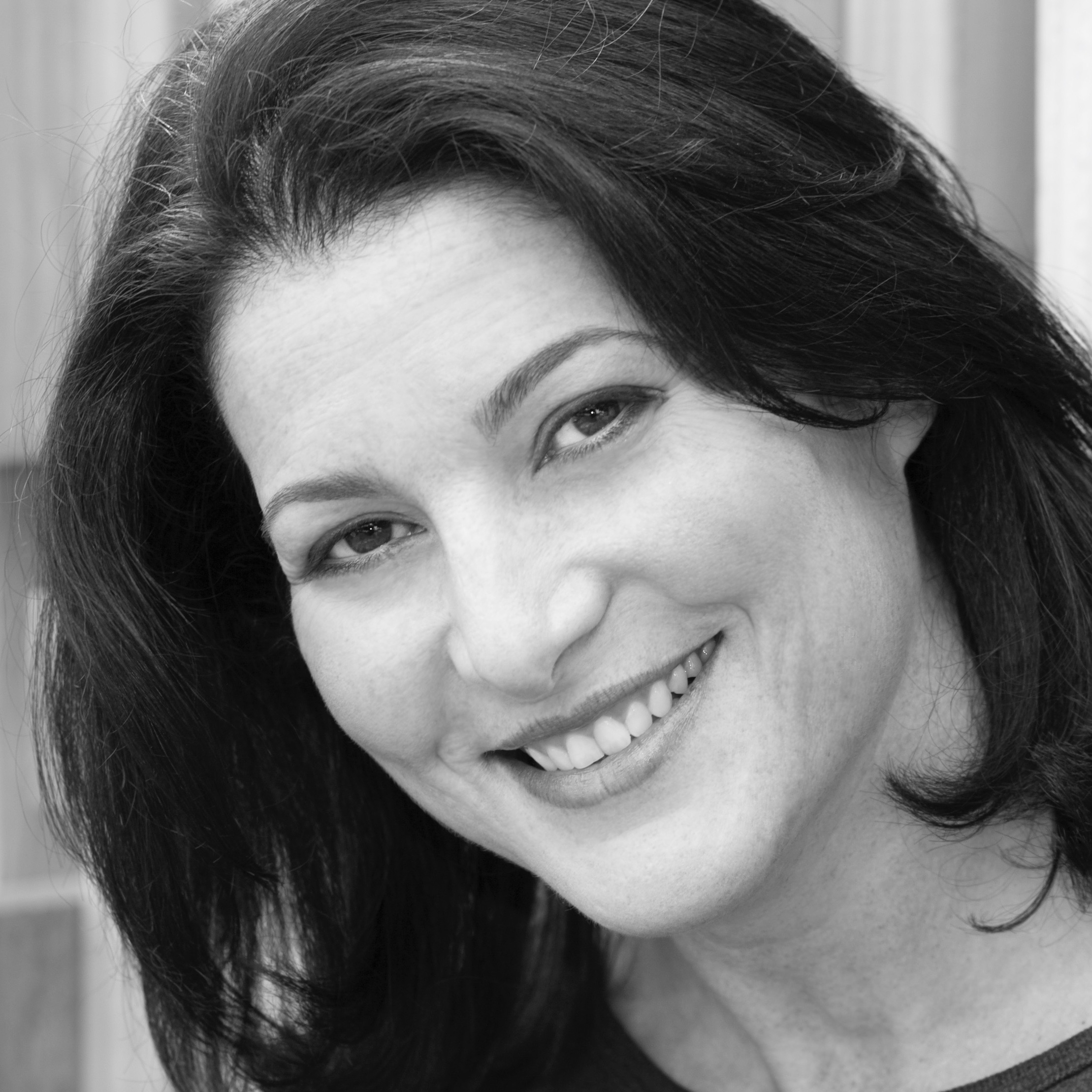
My teenagers don’t always tell me the truth, or maybe it is more accurate to say that there are things they just don’t tell me… period.
It’s not that they aren’t honest. They simply choose not to share some things, a very age appropriate move on their part.
Something came up recently with one of my kids that made me think a lot about transparency and truth telling.
One of them made a choice not to tell me something that I would have liked to know. It wasn’t bad, but it was information that I needed. On the other hand, it was something she didn’t want to share. When I think about it, both of us were right.
Thank god, my children are as amazing as they are.
We try to practice honesty in our house, so in the end it was fine. Everything was out in the open.
In one of my recent Zoom classes it seemed as if one of the participants was under the influence. It also looked like there was smoke around him, which made it feel even more like something was going on.
I didn’t say anything to him, but I did share my concerns with one of the people I work with. She told his case manger and the ball went rolling very fast from that moment on.
The individual’s case manager made accusations based on our concerns. To the credit of the accused person, he called us on that at the next class.
We decided to stay on Zoom after class to discuss it.
“Truth is, it was hot, I was tired and sleepy,” he told us.
“Honestly, we were worried about you,” my amazing, brilliant co-worker said.
“Why didn’t you ask me flat out during class?” he asked.
I genuinely didn’t have a good answer for that.
Why didn’t we simply say what we thought?
Um, well, because it isn’t always so simple to tell the truth, to be honest and/or share.
My co-worker said, “I am not going to lie. We shared our concerns,” and then with great care she said, “We were not mad. We were worried.” It got quiet.
“I got you,” he said. “But why go talking to someone else and not talk to me?”
And then I realized I needed to answer him as honestly as I could.
I said, “You know, you are right. I should have flat out asked you if you were high. Also, I have to tell you that it looked like there was some smoke in your frame on the computer screen.”
My co-worked added, “Maybe someone was next to you.”
I added, “Maybe it was something in the reflection. We really thought something was up. But, honestly, we should have just asked you.”
The moment we were honest, something changed in the conversation and the mood actually got tender.
His anger shifted to understanding, and we all got incredibly emotional. It was actually a little crazy, but then again these are crazy times, and there we were, debriefing a class that happened on Zoom, on Zoom.
“Ema,” my daughter told me, “my business isn’t your business.” She was adamant. “You are right,” I said, “but, alas, it kind of is.” I then simply explained why the information she didn’t tell me was something I needed to know.
“Oh,” she said. “Honestly, I didn’t think about that.”
“I know,” I said, and all was fine or as fine as teenage kids and parents can be when trying to be real.
It is said that the truth will set you free. I don’t know about that one, but I do know that the reason honesty is the best policy is because once you say things as they are, you can move forward from there.
“I understand,” he told us when we told him again that we care and that it was on us to say something to him during class.
There was something powerful in saying that, and also in owning that we could have, and should have done better.
I think that made him feel seen and heard.
More importantly, he appreciated that we were honest with him. I hope he was honest with us. Substance abuse can sometimes take away the capacity to be transparent. In this case I choose to believe him.
Thomas Jefferson said, “Honesty is the first chapter in the book of wisdom.”
I know that by being honest I am definitely wiser. I learned an important lesson that I will now try to implement in my class.
To me that is what is so exciting about honesty.
Most times when you practice it, it is powerful, meaningful and can take you to a place you otherwise would not have gotten to.
So today, at least once, try and be honest about something to someone.
You will be surprised by where it will take you.
Naomi Ackerman is a Mom, activist, writer, performer, and the founder and Executive Director of The Advot (ripple) Project a registered 501(c)3 that uses theatre and the arts to empower youth at risk to live their best life.






















 More news and opinions than at a Shabbat dinner, right in your inbox.
More news and opinions than at a Shabbat dinner, right in your inbox.